Author Dianna Games cites our work as she examines the dilemma many African countries face when seeking to create jobs and promote higher wages.
ILO launches decent work programme in Ethiopia
Members of new Pompeo task force have previously praised human-rights abusers
Why We Need Bipartisan U.S. Leadership On Asylum And Refugee Issues
The Fair Labor Association: A Useful Tool For Investors
The Technology 202: Social media companies readying to combat disinformation in Democratic debates
The Difficulty of Measuring a Company’s Social Impact
Facebook’s new rapid response team has a crucial task: Avoid fueling another genocide
Research Brief: Assessing Legislation on Human Rights in Supply Chains
This research brief compares and contrasts the designs of four examples of human rights disclosure legislation enacted in California, the UK, Australia and France. It discusses how differences in these designs impact firm compliance and highlights that while enactment of these kinds of laws is an important step towards ensuring firm accountability for human rights abuses, how best to design them remains an open question.
How Social Media Companies Need To Address Disinformation Globally
Less than One Percent: Low-Cost Responsible Recruitment in Qatar's Construction Sector
This research brief analyzes the cost of recruiting migrant laborers from South Asia to work on construction projects in Qatar. Using data from one large construction company, the Center's team shows that recruitment costs are far less than generally assumed by the industry, reinforcing that recruitment expenses ought to be paid by companies rather than by workers.
Why A New Commission Could Undercut The U.S.' Human Rights Efforts
Ethiopia: Proposed law to improve wages and promote safe working environment in industrial parks
After our report revealed that wage rates in Ethiopia were found to be far more exploitative than other developing nations, a newly amended Ethiopian labor law, is said to have incorporated provisions that would help protect the basic rights of workers in terms of safe working environment and decent and livable wages.
Facebook Says It Has Already Deleted More Than 2 Billion Fake Accounts This Year
MoLSA to Push for Livable Wages in Industrial Parks
How to Support a Virtuous Sourcing Circle in Ethiopia
The Garment Workers of Ethiopia are World’s Lowest Paid
Video: Michael Posner on Local Democracy and Journalism
A New Industry in Ethiopia is Creating Jobs. But at What Cost?
Deputy Director Paul Barrett’s op-ed in the Washington Post following the release of the Center’s report “Made in Ethiopia: Challenges in the Garment Industry’s New Frontier.”
Report: Made in Ethiopia: Challenges in the Garment Industry's New Frontier
In May 2019, the Center published “Made in Ethiopia: Challenges in the Garment Industry's New Frontier,” an examination of how the global apparel industry operates in Ethiopia. The report features a set of nine recommendations for how the industry and the Ethiopian government, foreign manufacturers, and Western brands can address the human rights challenges created by the lowest wages in the entire global supply chain for clothing.

























